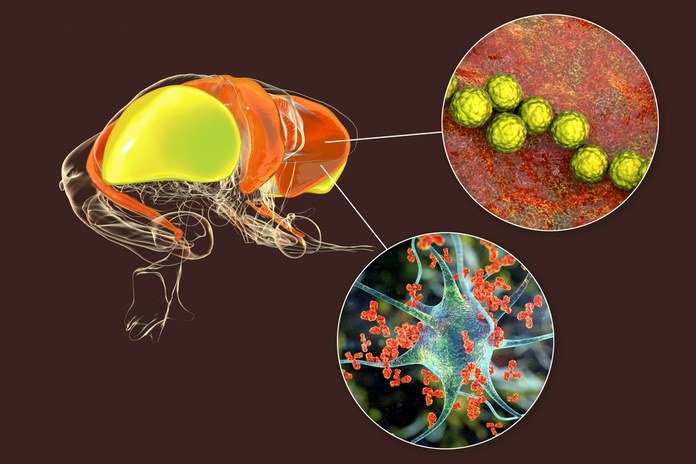Tourette’s Syndrome Causes

Tourette’s syndrome links to the various parts of the brain consisting of an area known as basal ganglia that helps in controlling the movements of the body. The differences there might affect the chemicals and nerve cells that carry the message between them. The researchers think the problem in the brain network might play a part in TS. Doctors don’t even know exactly these issues in the brain but genes might play an important role as well. It is more likely that there is not only one cause. People whose family members are experiencing TS are more likely to have it themselves. But people in similar families might experience different symptoms. (5)
If your children are having TS, you might also want to know that how long their tics may last or what can you do to help them while dealing with such symptoms at school and even at home. The exact reason for having Tourette’s syndrome is still not known. It is a complex disorder that is more likely to lead to a combination of environmental factors and inherited (genetic) factors. Chemicals present in the brain that move nerve impulses (neurotransmitters), consisting of serotonin and dopamine might play a significant role.
The causes of TS are unknown because it is like to link to the part of the brain that helps in regulating the movements of the body. Boys are more prone to have TS in comparison to girls. Tourette syndrome is a disorder of autosomal dominance. Autosomal means that both females and males might get affected and dominant means that each copy of the gene is essential to have the condition of tics and TS. This means that a parent who is having TS or a parent who has genes for TS might have a 50/50 chance with each pregnancy that passes on to the next generation. Tourette syndrome is associated with a non-genetic reason in 10 to 15 percent of the kids.
The complications while pregnancy such as head trauma, low birth weight, encephalitis, and poisoning of carbon monoxide are like to associates with the onset of non-genetic TS. The dominant disorders show something that is called incomplete penetrance that means it is not everyone has the gene symptoms of TS. In other words, if a parent passes these faulty genes into the child, so the child might not have such symptoms of Tourette syndrome. If a daughter inherits such genes, then there is a 70 percent risk that she will nearly get the symptoms of TS. While on the other hand, if a son inherits such genes, there is a 90 percent risk that he will have almost one of the symptoms of TS.
At last, dominant syndromes can also show something that is called variable expressivity. That means there are various TS expressions of genes in several people, for instance, each person who is having Tourette syndrome might also have Obsessive-compulsive disorder. While, another chronic tic syndrome, another that consists of full-blown TS. Additionally, blown chronic tics or TS, while females are more prone to have obsessive-compulsive disorder. The theories consist of abnormalities in the metabolism of genetic factors, bacterial infection, and brain chemical abnormalities.
The emotional and stress overexcitement that lead to such conditions might get worse; techniques of learning relaxation might be helpful. Whether, or not TS links to other disorders like ADHD, learning disabilities including dyslexia is still not proven scientifically. The genuine cause of Tourette syndrome remains a secret still, but research is concentration on several possibilities such as:
Streptococcal infection
The streptococcus bacterium might lead to a huge number of infections that might range from mild to moderate conditions. While serious conditions might be life-threatening. One theory suggests that the particular infection might be responsible for the neurological alterations associated with TS.
